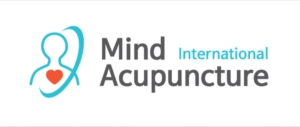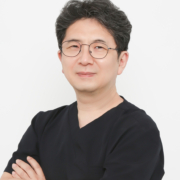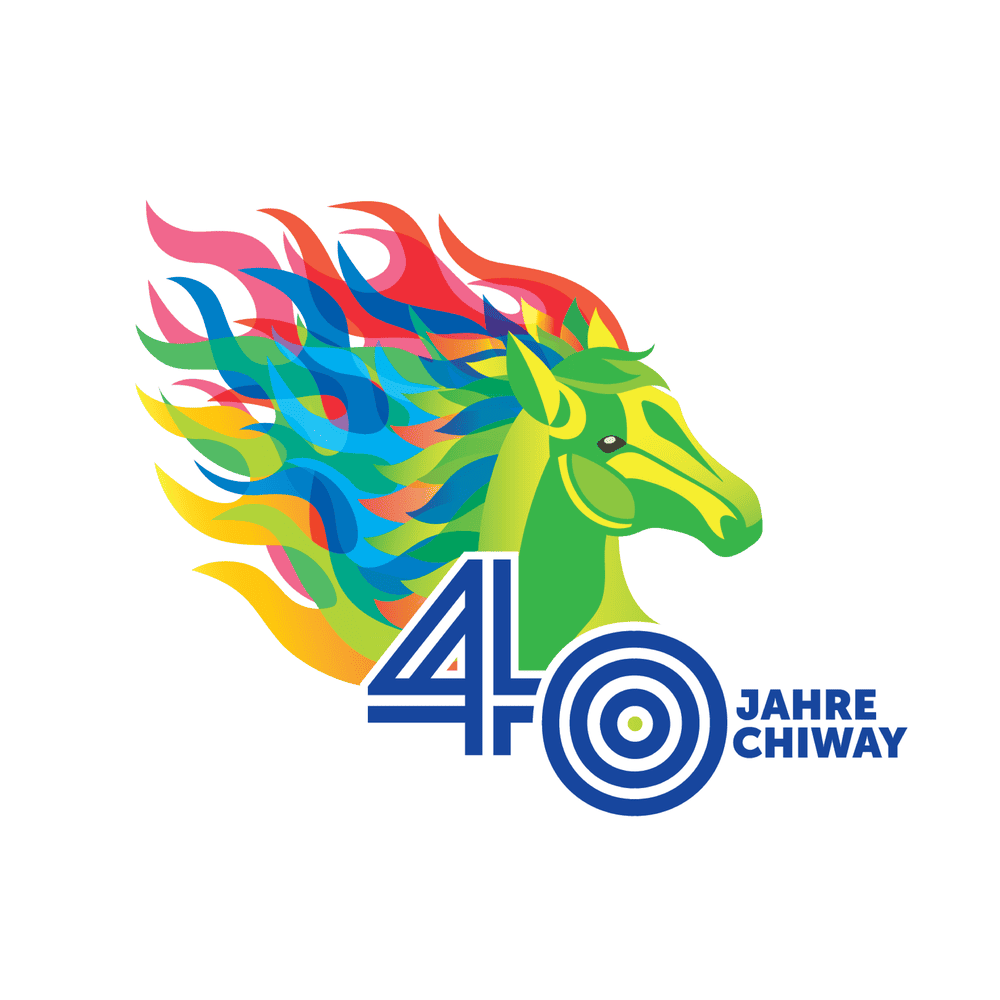Dr. Junghwan Lee is the developer of Mind Acupuncture. His groundbreaking method has gained recognition in Korea, China, Japan, Europe, and the United States, where clinicians and researchers alike are astonished by its immediate and fundamental effectiveness.
With nearly 30 years of clinical practice and research in SaAm Acupuncture and 20 years of research in Oriental psychiatry and meridian based psychotherapy, Dr. Lee has dedicated his career to integrating traditional acupuncture with eastern and western psychological principles.
He is a Korean Medicine Doctor (KMD) and operates his own clinic in Seoul, South Korea. Dr. Lee holds a Doctoral Degree in Oriental Neuropsychiatry, and his major fields of expertise include SaAm Acupuncture and Meridian-Based Psychotherapy.
He is currently serving as the President of the Society of SaAm Acupuncture and the Association of Mind Acupuncture in Korea. He is passionate about introducing SaAm Acupuncture and Mind Acupuncture to more practitioners worldwide.
This European workshop was organized in response to the strong requests from many European practitioners who have personally experienced or applied Mind Acupuncture in their treatments and were eager to learn more.
Below are papers presented by Dr. Lee.
Papers:
A Preliminary study for the evaluation of the effects of EFT-I (EFT program for insomnia) for insomnia in the elderly. J. of Oriental Neuropsychiatry 2011.
A Randomized Control Trial for the evaluation of the effects of EFT-Insomnia (EFT-I) for the elderly. The master’s thesis. 2013.
A Comparison of Emotional Freedom Techniques– Insomnia (EFT-I) and Sleep Hygiene Education (SHE) for Insomnia in a Geriatric Population: A Randomized Controlled Trial. Energy psychology journal. 2015.
Anxiety and Anger Symptoms in Hwabyung Patients Improved More following 4 Weeks of the Emotional Freedom Technique Program Compared to the Progressive Muscle Relaxation Program: A Randomized Controlled Trial. Evidence based Complementary and Alternative Medicine. 2015.
A Qualitative Case Study Research of Application of Saam Five Element Acupuncture in Psychiatry - the Field Study of a Clinic-. J of Oriental Neuropsychiatry. 2018.
A Study on Use of Psychotherapy and Korean Medicine for Eastern Philosophy -Focus on Diagram Theory of InShimDoShim of Yulgok. J of Oriental Neuropsychiatry. 2018.
The development of Saam psychotherapy based on the Neo-Confucian psychology of Yulgok. The Dotoral Thesis. 2019.
The Development of the Korean Medicine Cognitive Process Based on Neo-Confucianism. The Journal of Saam Acupuncture 2019.
A Study on the Structuralization of Mind and Body Relationships Incorporating Neo-Confucianism and Korean Medicine. The Journal of Saam Acupuncture 2020.
A Comparative Study on the Psychology of Korean Medicine based on Neo-Confucianism and the Satir Transformational Systemic Therapy. The Journal of Saam Acupuncture 2021.
Clinical Cases in Which Images of Emotions and Thoughts Change after Saam Acupuncture - Focusing on the Projective Test and the Brain’s Self-regulation Process -. The Journal of Saam Acupuncture 2022.
A Case Report on the Treatment of Severe Major Depressive Disorder Using Saam Acupuncture: Focusing on Saam Psychotherapy and Mind Acupuncture. The Journal of Saam Acupuncture 2024.





